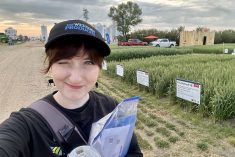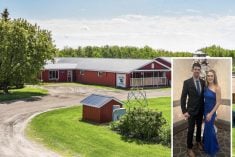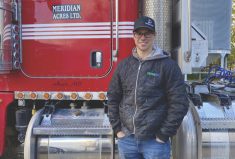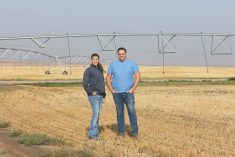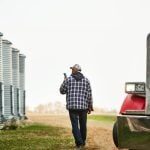Millennials and gen Z have taken a good deal of shots from previous generations, and maybe even an unfair share of them.
But for those who would farm in adulthood, it turns out that Millennials and gen Z, stereotypically maligned for not working hard enough, aren’t so different from past generations that endured and stood up to the many challenges of the sector.
Derek Brewin, the department head of the University of Manitoba’s agribusiness and agricultural economics department, saw the mindset among his agricultural students shift in 2007-08 when grain prices took off and essentially settled at new and higher levels.
Read Also
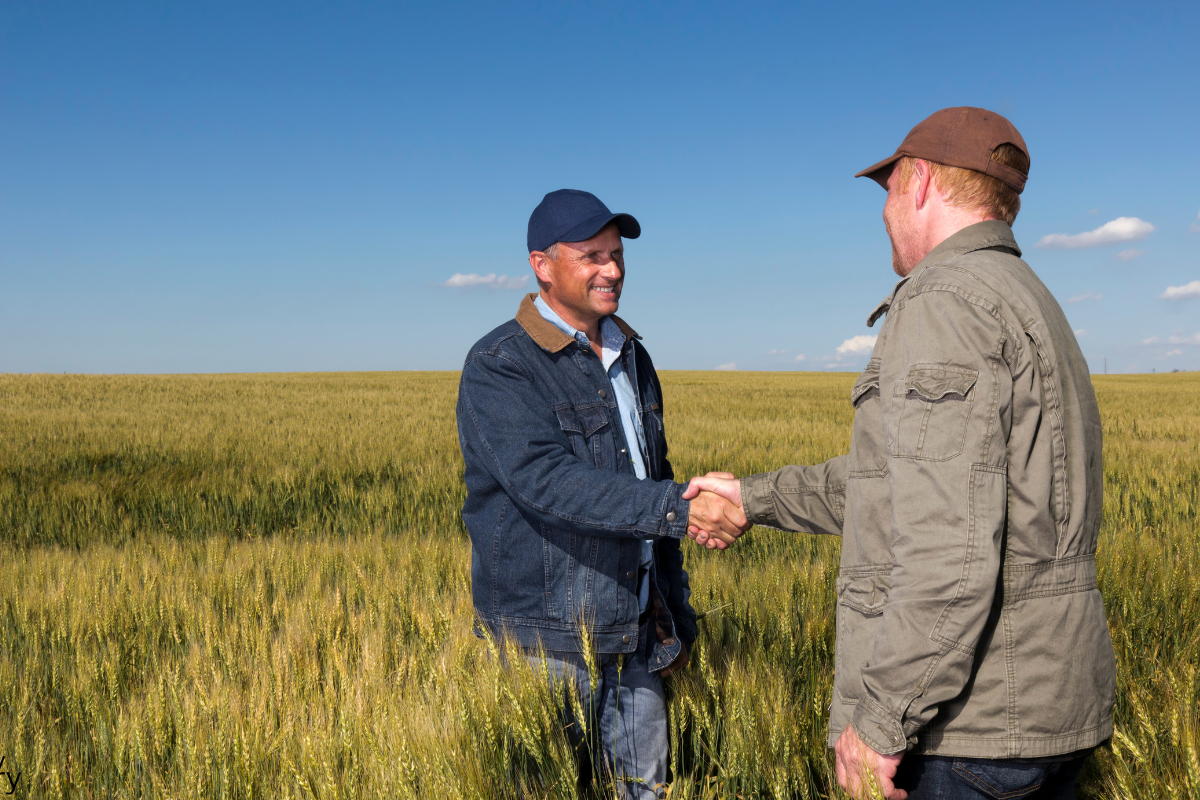
Are you ready for farm succession?
What motivates some farmers to make a succession plan while others don’t seem worried.
“I think we see some creative changes when prices fall and margins get tight. Those that make it through those tough times can reap major windfalls, but they are normally short-lived.”
He’s also observed greater diversity among gen Z.
“Certainly, the falling farm population has meant our student body has changed with more international students and more urban students,” Brewin says. “That diversity may have been good for identifying new markets.”
Challenges
Enderle Farms in Hemmingford, Que., has been around for four generations.
Chad Enderle and his two brothers, Nicholas and Jassen, bought the farm in 2021 while in their early to mid-20s. Since then, he says the previous generation completely stepped aside, and the brothers changed their business’s focus away from the production, packaging and wholesaling of apples to simply orchard production.
He says there are fewer young farmers to pick up the torch left behind by past generations. Meanwhile, farms have grown in size and scale.
“To put it simply, millennials/gen Z have a lot more on the line when taking over a farm,” Enderle says. “Throw in the instability of markets, labour shortages, decreased margins and climate change. These have made ag businesses extremely vulnerable in terms of risk, especially for us young farmers,” Enderle says.
But despite these young farmers being aware of a rocky road ahead, and understanding the unpredictable nature of the industry, they still choose to endure.
“We just try to remember that if everything went 100 per cent according to plan, it wouldn’t be farming,” Enderle says.
Growth
Not resting on their laurels, the Enderles endeavour to keep current with new trends and how they can increase their farm’s efficiency.
As far as their general approach to farming goes, Enderle says he and his brothers have taken what they learned in ag school and tied it with their own experiences. In so doing, they’ve figured out what works best for them.
“Our younger generation does get a lot of bashing, but ultimately our knowledge on the farm is only a reflection of what has been taught to us or through experiences,” he says.
What’s been of great help on their farm is the previous generation giving them space to grow.
“(They) gave us confidence and gave us room to run with it, while stepping aside into more of a mentor role,” Enderle says. “That confidence in us is ultimately what gave us the boost and fueled our willingness to grow and be better. Kind of like taking the training wheels off when first learning how to ride a bike.”
New approach
When it comes to any newer farming practices they’ve adopted, Enderle allows that while there are differences from past generations, they aren’t trying to reinvent the wheel.
“It’s just that we have extra tools with tech, we see the industry from a different angle, and that there is room for improvement,” he says. “Our approach to minimizing our risks has been to try and run the farm like any other business, and less like the typical farm — even though that’s not the easiest thing to do in ag.”
Enderle says he and his brothers try to surround themselves as best they can with consultants and accountants to get the most comprehensive perspective on their financials. “What those numbers are telling us about the business, and how we can adapt and do better. It’s not always the most exciting thing to do, but it does put us in the best position to succeed.”
Unique planning strategies
Enderle believes that the approach millennials and gen Z farmers take to planning and decision-making often heavily revolves around using newer technologies at their disposal.
“Using tools like mapping and software to log and collect data help us so that we can track our inputs more easily,” Enderle says. “Similarly, as with our financials, we analyze those inputs, our yields and overall production costs to determine where there might be room for improvement out in the field, which will eventually reflect back to us in terms of profitability.”
He adds that benchmarking that same data is what will ultimately influence their future decisions and direction.





